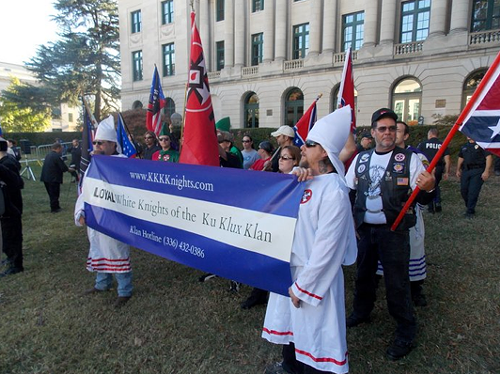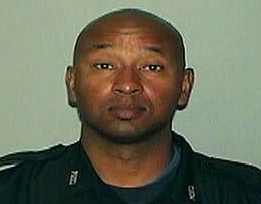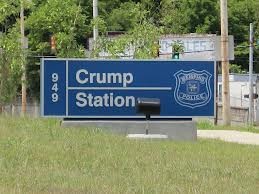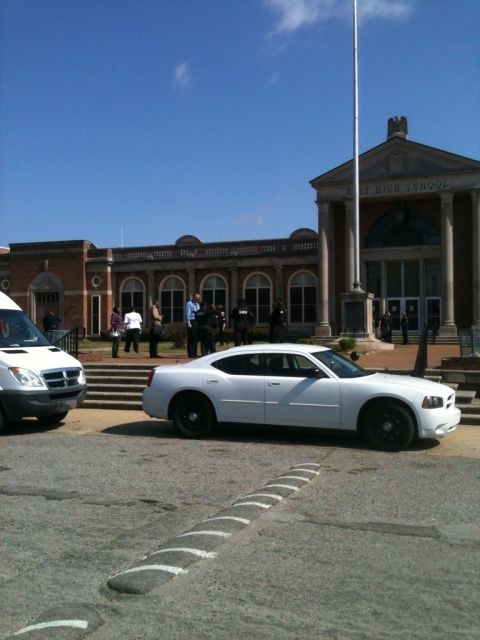
The Memphis Police Department’s public information office has released a statement that says no weapons or armed suspects were discovered during its search of East High School earlier today.
The school was placed on lockdown after a student safety tip alleged there were armed men inside the school. MPD officers conducted a perimeter search at the school before ceasing the lockdown and allowing classes to resume. However, concerned parents were allowed to pick up their children, which several dozen did.
Several parents outside of the school said the incident stemmed from an occurrence yesterday (April 10th) involving a student(s) and an outside individual(s) who was allegedly armed. That person(s) allegedly returned to the school looking for the same student(s). Parents alleged that the incident is gang-related. However, the MPD’s press statement doesn’t confirm that the issue is connected with gang activity.
Check out the MPD’s press release below.
On Friday, April 11, 2014, at approximately 9:35 pm, officers responded to an armed party call at East High School, 3206 Poplar Avenue.
Upon arriving on the scene, officers were advised that the school was on lock-down and there were possibly several armed males inside of the school. A perimeter was established and a search within the school for the possible armed suspects began by utilizing MPD patrol officers, MPD’s Canine Unit, Shelby County Sheriff’s deputies, and Shelby County School Security.
The preliminary investigation revealed that a student at East High School reported to a school security officer that another student/s was armed and inside the school. Officers were further advised that this reporting may have stemmed from an altercation that occurred yesterday. On Wednesday, April 10, 2014, an Aggravated Assault was reported to have occurred on the sidewalk near the school. The altercation involved several individuals, both students and non-students. During the altercation, one of the suspects was reportedly armed with a hand gun. It has not been determined that the individual who was armed was a student at East High School, but the reporting student from today’s alert had received information that someone connected with this investigation was armed in the school.
After conducting a search of the school, officers found no armed suspects. Officers also confirmed with the reporting student that the potential suspects were not physically seen, but he/she was only reporting what they had been told by other students.
Although this incident ended as a “false alarm”, it is important that parents and students know the urgency of reporting armed parties within our school systems. Parents should stress the importance to their children as it relates to immediately reporting any suspicious, criminal or life threatening activities that may occur in or around school property. The students’ and faculty’s safety is the utmost importance. The Memphis Police Department will continue to work with Shelby County Schools, Shelby County Sheriff’s Office, and Shelby County School Security to ensure the safety of every student and faculty member.
The investigation into the incident (Report#1404005516ME) that occurred yesterday is ongoing. No charges have been filed.
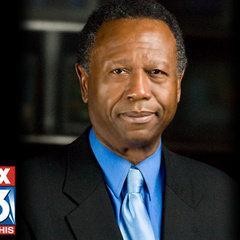

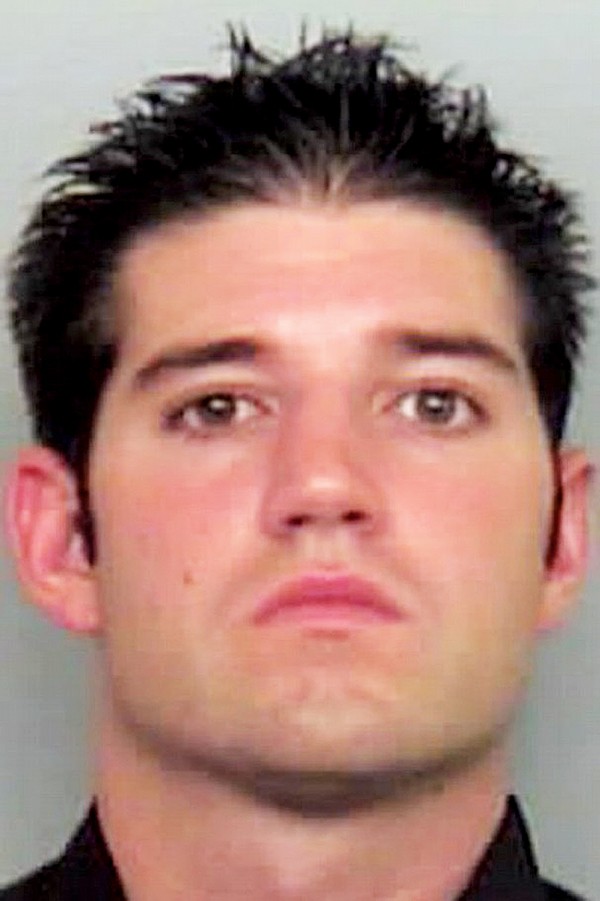
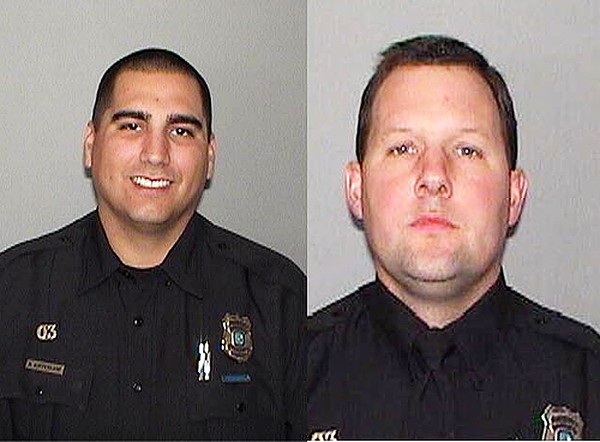
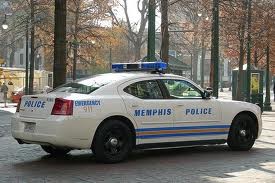
 Dustin Taylor/Sideways Media
Dustin Taylor/Sideways Media 